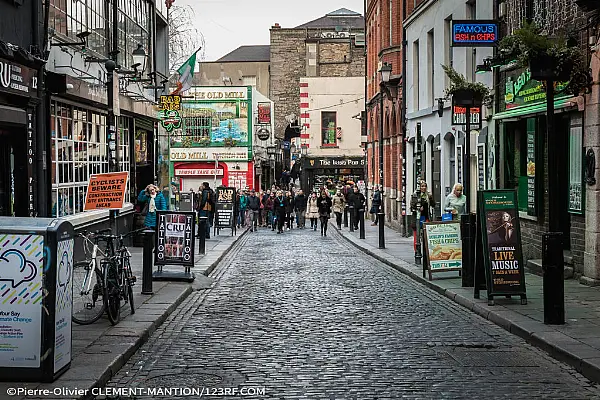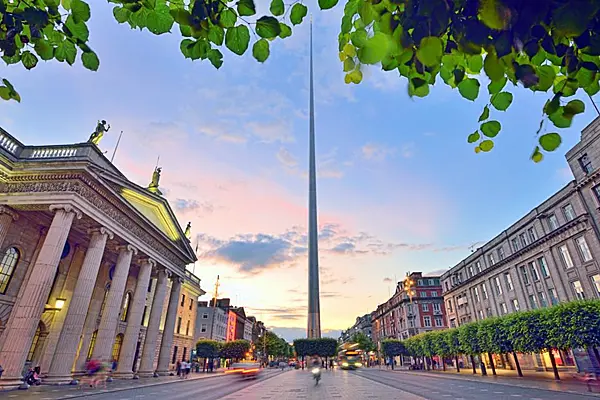It was a disappointing start to 2024 for the hospitality sector in Dublin, with a 2.5% decline in entertainment spending at hotels, bars and restaurants in the first quarter.
This is according to the latest SpendingPulse report – provided by MasterCard Advisors and produced in conjunction with Grant Thornton on behalf of the four Dublin local authorities – on national and Dublin retail sales performances.
The data shows the most significant contraction in the hospitality sector since the tail end of the pandemic, in 2021.
‘Normalising’
“In Dublin, the entertainment sector had been seeing large growth rates, recovering from the pandemic, dating back to Q2 2021,” said Michael McNamara, global head of SpendingPulse, MasterCard.
“The growth rates in the sector are normalising as we move away from the deep declines experienced during the pandemic.
“Tourism-related spending remains strong, with growth in Dublin and across Ireland.”
Return To Growth
The report shows that tourism spending in the Dublin economy returned to growth in the first quarter of 2024, with expansions of 0.9% quarter on quarter, and 4.7% year on year.
This followed a weak final quarter of 2023, wherein spending contracted marginally.
US Tourist Spending
The value of spending among visitors from the US market recorded its second consecutive quarterly decline.
Spending from this market – which, the report notes, is of ‘vital importance’ to the Dublin and national economies – declined by 3.3%, quarter on quarter, and this will be of concern as the summer season approaches.
‘Backdrop Of Fluctuations’
The Chinese market also saw declining expenditure levels, with a reduction of 23.2% in first quarter.
Conversely, spending among French tourists rose by over 26%, quarter on quarter, though this does come against the ‘backdrop of fluctuations’ throughout 2023.
Dublin tourist spending was further supported by the UK and German markets in the first quarter, with respective expansions of 5.5% and 3.3%, quarter on quarter.








